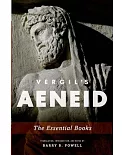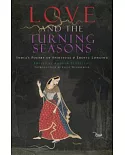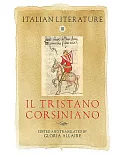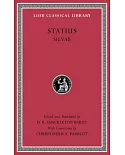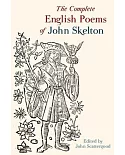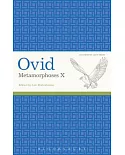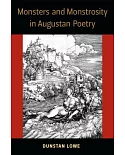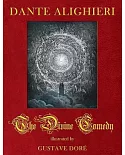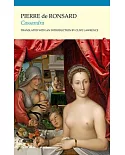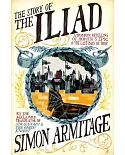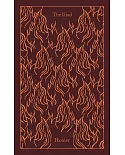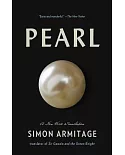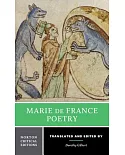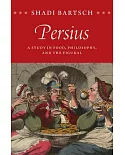The Metamorphoses, by
Ovid, is part of the
Barnes & Noble Classics series, which offers quality editions at affordable prices to the student and the
general reader, including new scholarship, thoughtful design, and pages of carefully crafted extras. Here are some of the remarkable features of
Barnes & Noble Classics:
New introductions commissioned from today's top writers and scholars Biographies of the authors Chronologies of contemporary historical, biographical, and cultural events Footnotes and
endnotes Selective discussions of imitations, parodies, poems, books, plays, paintings, operas, statuary, and films inspired by the work Comments by other famous authors Study questions to
challenge the reader's viewpoints and expectations Bibliographies for further reading Indices & Glossaries, when appropriateAll editions are beautifully designed and are printed to
superior specifications; some include illustrations of historical interest. Barnes & Noble Classics pulls together a constellation of influences—biographical, historical, and
literary—to enrich each reader's understanding of these enduring works.
First published in 8 A.D.,
Ovid’s
Metamorphoses remains one of the most accessible and attractive avenues to the riches of Greek mythology. Beginning with the creation of the
universe and ending with the death and deification of Julius Caesar, Ovid’s masterful epic poem features a rich assortment of tales, including those of Jason and the Argonauts, Orpheus and
Eurydice, the Trojan War, Echo and Narcissus, the slaying of the Minotaur, Daedalus and Icarus, Hercules, Aeneas and Dido, the wedding of Perseus and Andromeda, and many others. These stories
all have one element in common: transformation. Mortals become gods, animals turn to stone, and humans change into flowers, trees, or stars. Mingling pathos, humor, beauty, and cruelty, Ovid
reveals how the endless ebb and flow of the universe itself is mirrored in the often paradoxical and always arbitrary fate of the poem’s characters, both human and divine.
A cosmic comedy of manners,
Metamorphoses was read with delight in Ovid’s own time and continues to charm audiences today, providing a treasure trove of myth and legend from which the
whole of Western art and literature has derived incalculable inspiration.
Robert Squillaceteaches Cultural Foundations courses in the General Studies Program of New York University. He has published extensively on the field of modern British literature, most
notably in his study
Modernism, Modernity and Arnold Bennett (Bucknell University Press, 1997). His recent teaching has involved him deeply in the world of the ancients. He lives in
Brooklyn with his wife, the medievalist Angela Jane Weisl. Squillace also wrote the Introduction and Notes for the Barnes & Noble Classics edition of Homer’s
Odyssey.


